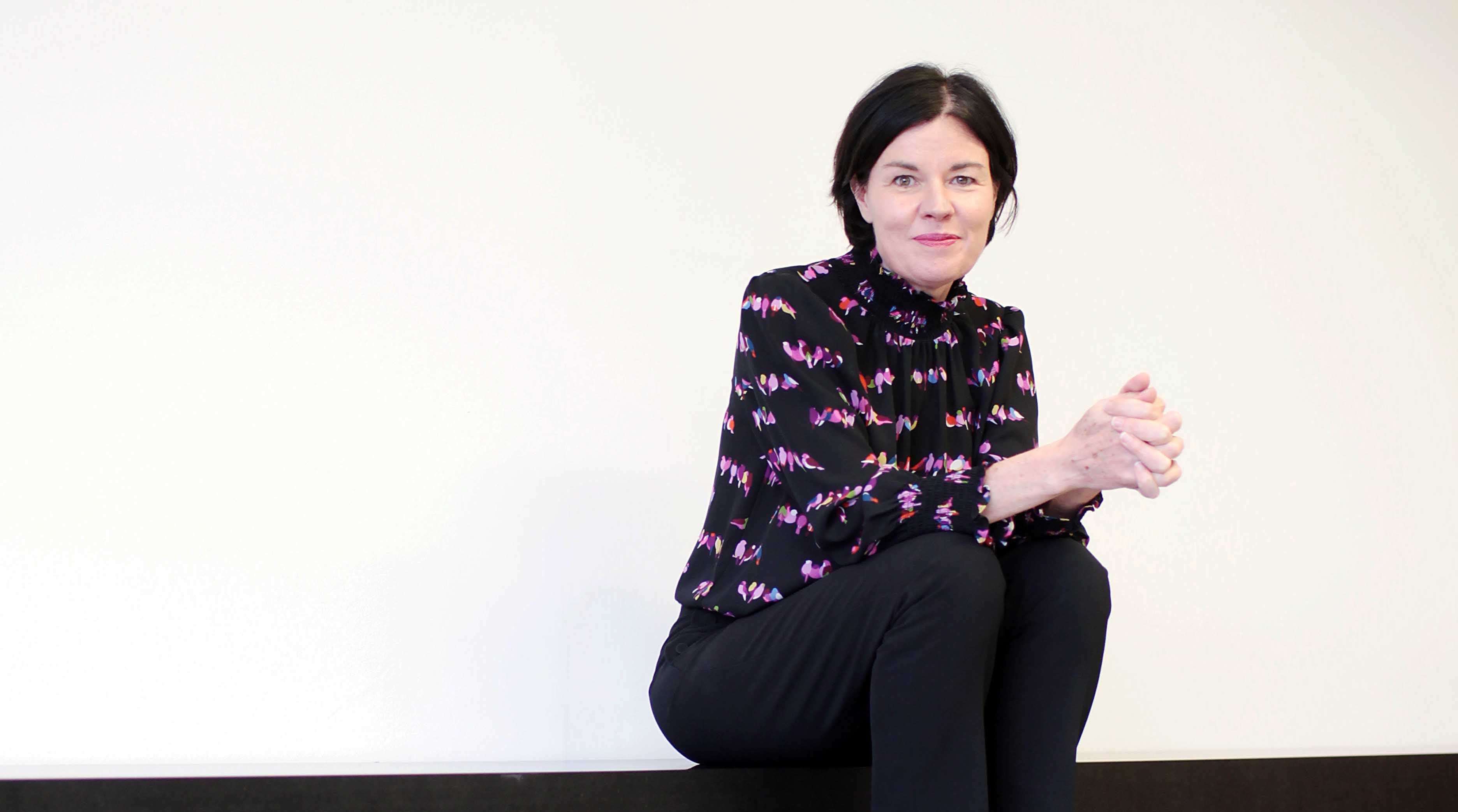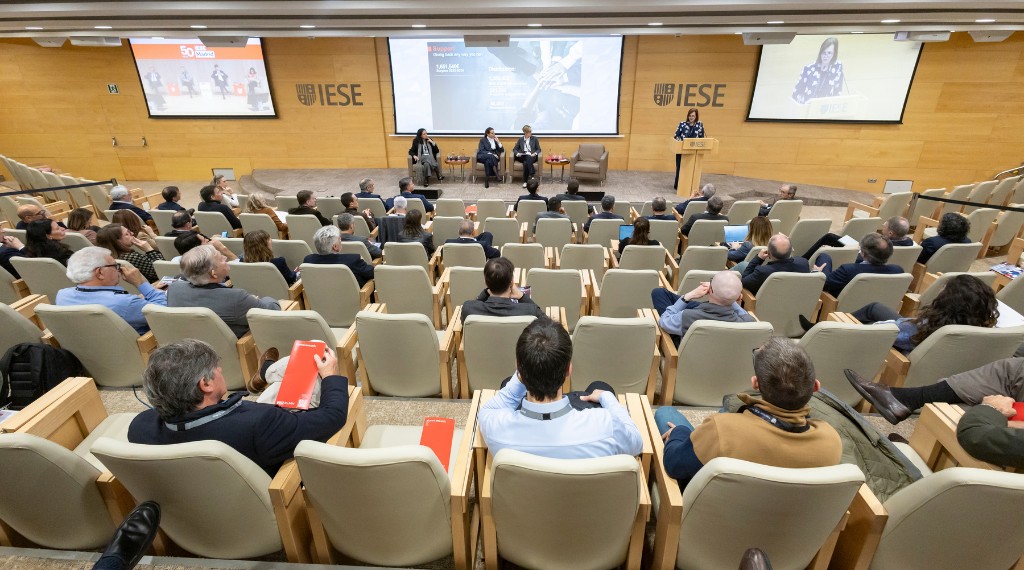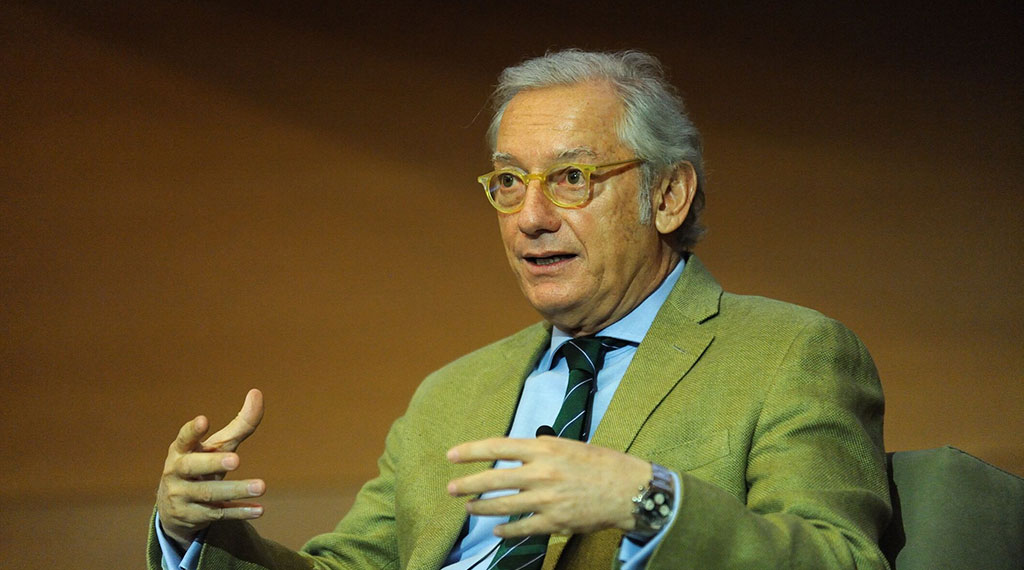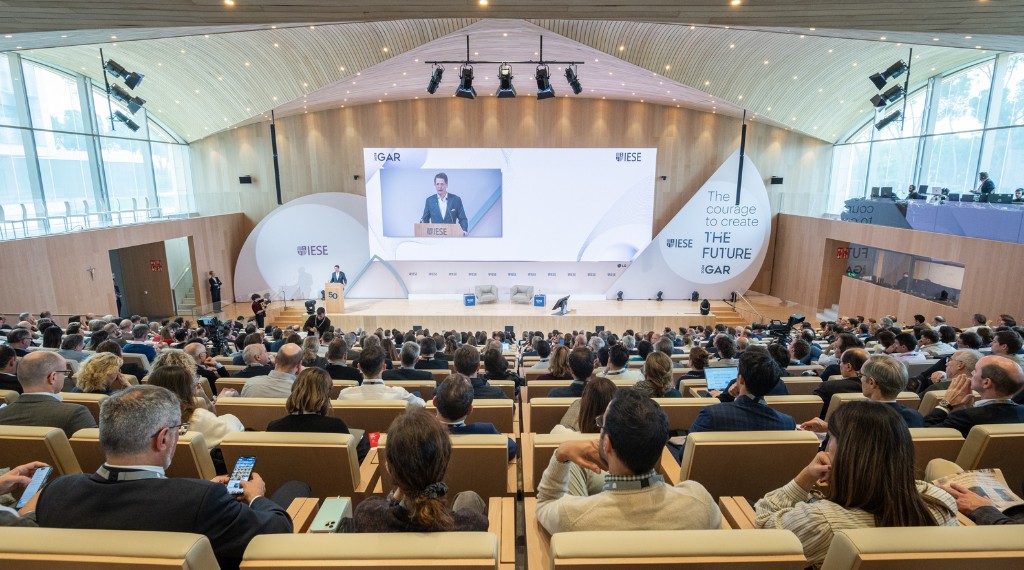Stories
Simple by design: business is in the bag for Belinda Klaes
LOQI products showcase world-class artwork around the globe, thanks to the inspiring business idea of Belinda Klaes
Belinda Klaes, CEO & Founding Partner of LOQI, completed an Advanced Management Program (AMP) for senior executives in IESE’s Munich and Barcelona campuses.
PHOTO: GEORGE KALOZOIS
April 24, 2020

Belinda Klaes has a passion for art and wants to inspire people and bring culture to their lives with LOQI. “I wanted to start a brand that creates products with a soul,” she explains with a smile. Klaes heads LOQI, a Berlin-based company that provides galleries and museums around the wide with fashionable tote bags emblazoned with art prints.
Growing up on a cotton farm in Australia, Klaes says there was “a dearth of art and culture.” Ever since moving to Germany 25 years ago, she has been intrigued by the diverse art landscape across Europe, and now calls the continent’s museums her second home.
Still, she credits her home country and upbringing for being a major root of her success. “I might not have had a background in art, business or entrepreneurship, but I did have good business intuition and common sense – and I think those are Australian attributes.”
As proof of her success, since founding LOQI in 2013, her brand has made it into some of the most prestigious, hard-to-get sales channels, including the most renowned museums in the world, the most fashionable concept stores and the busiest international airports, where winning retail space is gold.
The concept behind LOQI was to create simple, affordable products that could serve as canvases or media for artistic expression, allowing world-class painters and rising stars in the art scene to reach audiences on a globe scale. At first, the bags featured artwork by contemporary graphic designers. Now, LOQI also collaborates with 85 of the world’s top museums, from the Louvre to the Guggenheim to the Van Gogh. Lately, LOQI has entered into a photography collaboration with National Geographic.
Throughout this process of growth and expansion, Klaes has held fast to the idea of simplicity – a simple product, a simple idea, with endless applications.
Bypassing the rules
Entrepreneurship comes with its own lexicon, from seed capital to angel investor, but LOQI’s entrepreneurial journey has largely avoided all of this. The business is self-funded and has grown organically, says Klaes, adding that her initial investment needs were low.
For Klaes, the maxim of “keep it simple” is extremely important. “I love simplicity: it’s the core of the business. It’s not always about having the biggest ship. You can be rewarded by having a small ship, and steering it well.”
Take her approach for winning important collaborations with major museums: “I just called them and asked if they were interested.” When the first museum turned her down, “I decided to do it anyway.” She produced 30,000 bags in designs relevant to that museum, and in the end they came back to her. She set herself to learning about licensing and commissions.
“It’s all about the chase,” she says. “Until you’ve made it, it’s hard to get the big players to pay attention. My response to people saying I can’t do something is always, ‘Yes, I can!’”
In terms of starting from scratch in a foreign country, in much the same vein she says, “I love a challenge and I see the opportunity arising from adversity.”
Culture sparks the imagination. It’s an endless source of possibilities and evolution
Although she may embrace a simple business ethic, she appreciates complexity in at least one area: international teams. LOQI employs 15 nationalities and Klaes finds the mix – from German to Portuguese to South Korean – inspirational. “Fostering cultural diversity is a truly exciting aspect of the job.”
This enjoyment of diversity applies to the products, too. “Culture sparks the imagination. It’s an endless source of possibilities and evolution.”
Klaes looks forward to working on many more artistic collaborations with diverse groups of artists from every corner of the globe in 2020 and beyond.
This article is featured in IESE Business School Insight #155.


